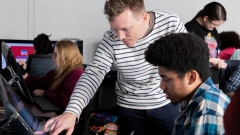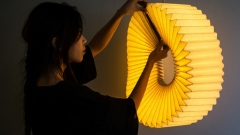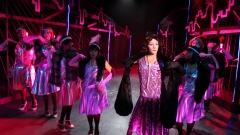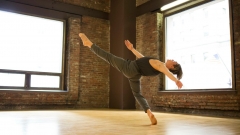Isabelle Ginot
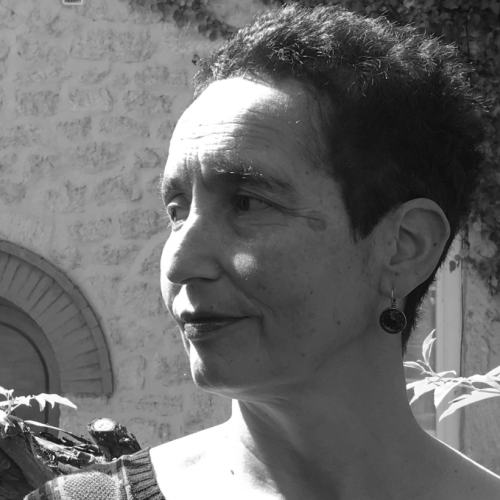
After studying dance and literature, and a first period as a dance critic and a project manager in various cultural structures, Isabelle Ginot wrote a PhD devoted to the analysis of Dominique Bagouet’s work. She became a lecturer (1996) and then a professor (2006) in Paris 8 University’s Dance department and is also a certified practitioner of the Feldenkrais method. Her teaching and research have developed along successive axes that overlap and intertwine:
-
The analysis of contemporary dance works, particularly questioning the perceptive activity of the spectator (or critic) in the reading or analysis of choreographic pieces. Since 2010, Ginot has been interested in what she calls the “weak figures”; that is, the figures of socially minoritized subjects appearing on stage (amateur artists, the elderly, racialized people, etc.), and particularly in artists with disabilities and their practices on stage as empowerment practices. With Isabelle Launay, she directs a research seminar on this subject, Danse et pouvoirs d’agir (Dance and empowerment), where the stakes of disability are put in dialogue with other figures of discrimination (racialized artists and/or those belonging to gender minorities). Ginot also co-directs a transdisciplinary research group—titled Arts, ecologies, transitions—in which she particularly focuses on the approach of social ecology within the arts.
-
The analysis of practices and ways of working in dance and movement as a way to social intervention. In 2010, the creation of the research group Soma&Po: Somatics, Aesthetics, Politics led to numerous research projects, including the publication of two collective works: Penser les somatiques avec Feldenkrais (Editions L’Entretemps, Lavérune, Lignes de corps collection, 2014) and Ecosomatiques. Penser l’écologie depuis le geste. (directors: Marie Bardet, Joanne Clavel, Isabelle Ginot; editor: Deuxième Epoque; Montpellier, 2019).
-
Since 2021, in response to the ethical crisis of the art world that was enhanced by the COVID-19 pandemic, a research-action laboratory titled Mouvements engagés has opened in partnership with Paris 8 University and several cultural structures in the Paris region. This laboratory aims to support collaboration and the sharing of practices among researchers, artists and workers in the social and medical worlds, and focuses specifically on socially and bodily engaged artistic projects in social and medico-social institutions.
All this research and teaching is conducted not only “on” artists and their works and practices, but also with them, and is always underpinned by investigative, action-research or research-creation approaches. Ginot regularly collaborates with choreographers and performers. From 2005 to 2010, she contributed to Rosalind Crisp’s dance project and co-teaches for her Danselab, a research workshop on the production, perception and poetics of the danced movement. With Julie Nioche, she co-founded in 2007 the association A.I.M.E.; she regularly collaborates on creation projects Sensationnelle (2013), Nos Amours (2016) and La Cabane à gestes (2017), as well as many practice and research projects, including Conférence en pratique (2019), Mouvements engagés et Bodystormings, two cooperative seminars, and a podcast series, Mon corps des autres, since 2020.
Her current research focuses on research-actions in dance and somatic within care and social care institutions.
Photo rights reserved

